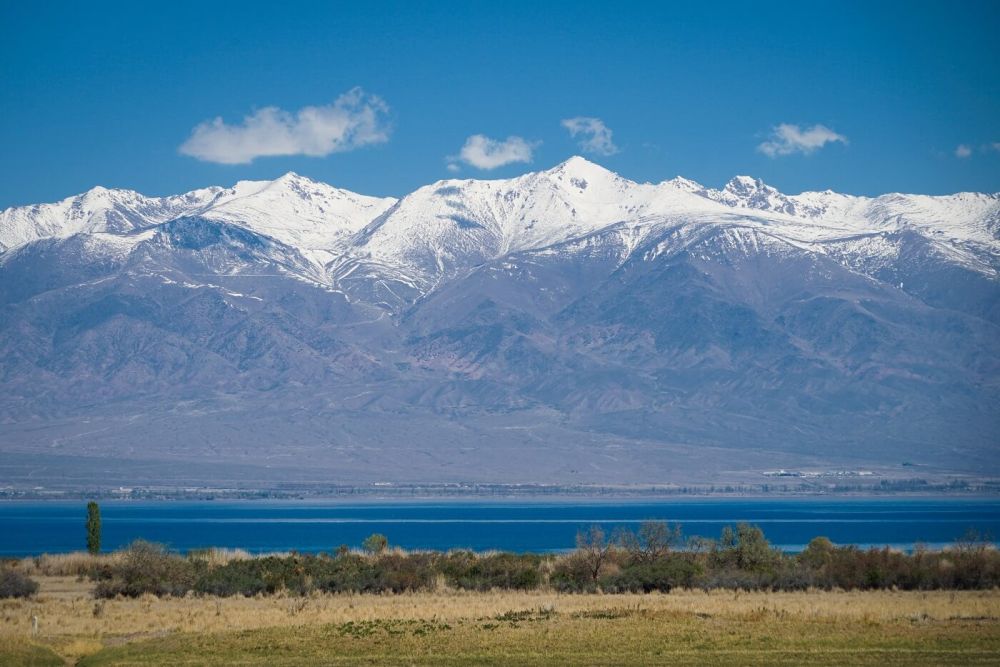

Located in the mountainous region of Central Asia, Yssyk Kul State Nature Reserve has been a gem in Kyrgyzstan’s landscape. Known for its breathtaking beauty, it has attracted travelers and nature enthusiasts for decades. Historically, the area around Lake Issyk-Kul, which means "warm lake" in the native language, has been known since ancient times. The Silk Road, which connected East and West, ran along its northern shore, bringing not only trade but also cultural exchange and early tourism in the form of explorers, merchants, and scholars.
During the Soviet era, the region saw significant development in infrastructure as it became a popular holiday destination for Soviet citizens. Large sanatoriums and resorts dotted the shores of the lake, and it was during this time that the lake became widely recognized as a prime destination for relaxation and health treatments due to the lake's mineral-rich waters and the region's fresh mountain air.
After Kyrgyzstan gained independence in 1991, the tourism industry experienced a fluctuating period of growth and decline due to political and economic instability. However, recuperating swiftly in the subsequent decades, Yssyk Kul has steadily risen in prominence as an international tourism destination.
In recent years, the region has embraced a more sustainable and ecologically sensitive approach to tourism. Visitors are increasingly interested in experiential and adventure tourism activities that include:
Eco-tourism is playing a vital role in the region’s current strategy, with initiatives to protect the natural habitat for endangered species such as the snow leopard and the preservation of historical sites. The Kyrgyz government, along with international organizations, has been working towards promoting responsible tourism that ensures the natural beauty of Yssyk Kul State Nature Reserve is preserved for generations to come.
Moreover, recent developments have seen a spike in the popularity of winter sports in the surrounding areas. The pristine mountain ranges around the lake are becoming a magnet for skiers and snowboarders, complementing the established summer tourism.
Digital Nomadism is another trend impacting tourism in Yssyk Kul as the region is increasingly seen as a desirable destination for remote workers who seek exceptional natural environments and affordable living costs.
The Yssyk Kul region continues to work on improving its facilities and expanding its hospitality sector to accommodate the growing influx of tourists. With a combination of natural beauty, rich history, and a reinvigorated focus on sustainable and diverse tourism options, the region looks set to continue its rise as a bucket-list destination for travelers from all over the world.